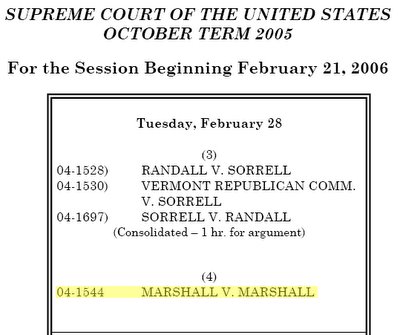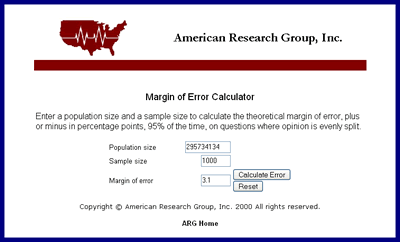I made the following remarks at the Columbia Law Student Senate “Town Hall” meeting. The perspective is purely my own (see Mary Kelly's post for the chapter's position), and I appreciate the ACS providing me this forum to publish it.
For reference, the relevant text of the draft proposal:
SECTION SIX REQUIREMENTS FOR STUDENT ORGANIZATIONS
...
5. Nondiscrimination Policy. Subject to the exception provided in Subsection (B)(5)(a), membership and leadership shall be open to all CLS students without regard to race, ethnicity, color, national origin, age, handicap or disability, sex, gender, sexual orientation, religion, political affiliation, or the general exercise of a students right of free speech or association.
a. Exception. If an organizations purpose is to express an idea, viewpoint or belief, such an organizations leadership, but not membership, may be limited by such narrowly-tailored criteria that the organization finds, in good faith, essential to upholding that organizations explicit expressive purpose as defined in its constitution. Any such limitations on leadership shall be explicitly stated and ratified in the organizations constitution.
Hello. My name is Amos Blackman. I am a first year.
I am here to express my opposition to the proposed Section Six of the Student Senate By-Laws. I realize that this issue is deeply layered, but I only have three minutes, so I will address just the issue which I consider most central.
The proposed Subsection B(5)(a), providing an exception to the non-discrimination policy, reads:
If an organizations purpose is to express an idea, viewpoint or belief, such an organizations leadership, but not membership, may be limited by such narrowly-tailored criteria that the organization finds, in good faith, essential to upholding that organizations explicit expressive purpose as defined in its constitution. Any such limitations on leadership shall be explicitly stated and ratified in the organizations constitution.
Regardless of whether you support the proposal, I believe that you must recognize that this language does not simply acknowledge or allow discrimination it validates and sanctions it. It endorses the claim that discrimination can be essential and in good faith. It suggests that a valid constitution can, and perhaps must, be grounded not on equal protection, but on explicit discrimination. It accepts the proposition that discrimination is fundamental and funds it. I do not.
I acknowledge and admire the Senate's commitment to encouraging a diversity of viewpoint, but I believe that diversity itself is a prerequisite to achieving such a goal. The pursuit of freedom of expression requires learning from history, and our country's checkered past has taught us that true freedom of speech cannot be achieved by merely endorsing those already speaking. Too many groups have traditionally been denied such a voice, and it is our right, and I believe our duty, to protect those voices.
Professor Dorf has described one Supreme Court decision that privileged expression over equal protection in an open public forum,
1 but I would merely point out that there are many cases where the facts led the Court to very different conclusions, finding that compelling interests in health, safety, and equality justified discouraging expression contravening public policy.
2 Nowhere do I believe this to be more justified than in the forum of education.
In
Grutter v. Bollinger, the Supreme Court recognized that law schools play a unique role in society as the training ground for a great percentage of our nation's future leaders, and that in order to cultivate a set of leaders with legitimacy in the eyes of the citizenry, it is necessary that the path to leadership be visibly open to all talented and qualified individuals.
3 As a friend of the Court in that case, Columbia University insisted: We need to educate students to participate in a larger human culture, not just confirm their prejudices, whatever those prejudices may be.
4 The Court agreed. I do, too.
I ask the Senate to lead with legitimacy and refuse to confirm prejudice. Please reject the proposed exception to the Senate's non-discrimination policy. Thank you.
1 Boy Scouts of America v. Dale, 530 U.S. 640 (2000).
2 See, e.g., Bob Jones Univ. v. United States, 461 U.S. 574 (1983); Roberts v. United States Jaycees, 468 U.S. 609 (1984); Bd. of Dirs. of Rotary Int'l v. Rotary Club, 481 US 537 (1987); Hill v. Colorado, 530 U.S. 703 (2000); McConnell v. Federal Election Comm'n, 540 U.S. 93 (2003).
3 Grutter v. Bollinger, 539 U.S. 306, 332 (2003).
4 Brief for Columbia University et al. as Amici Curiae Supporting Respondents at 2, Grutter, 539 U.S. 306 (Nos. 02-241, 02-516), 2003 WL 399094.Labels: CLS


